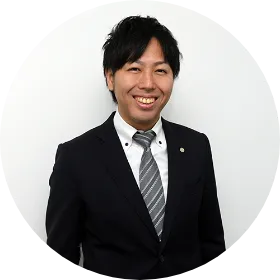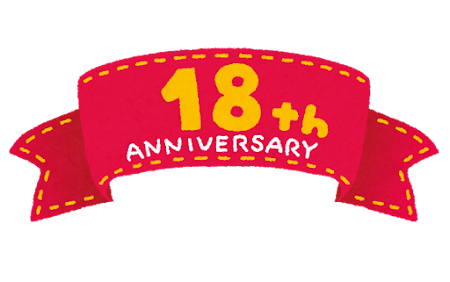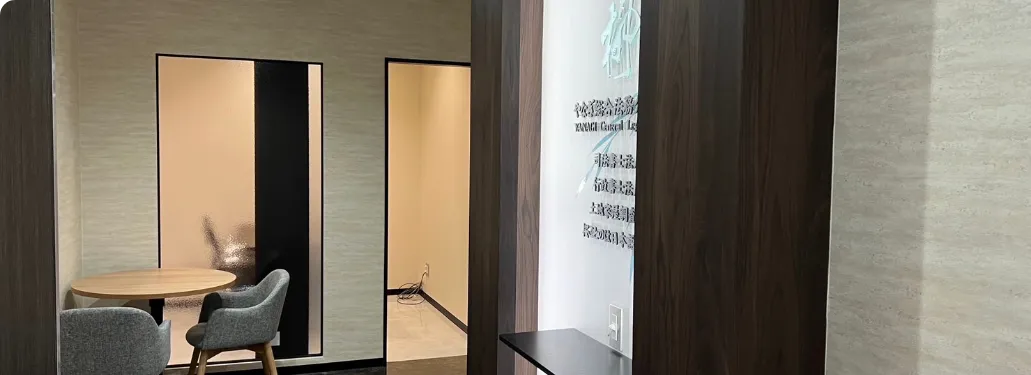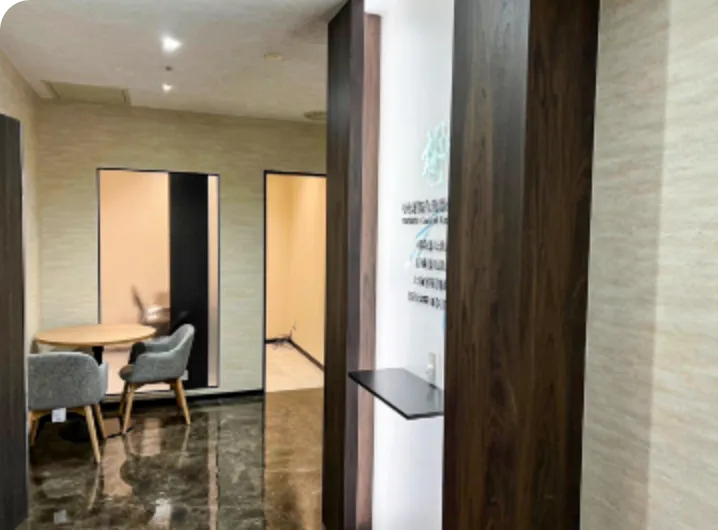Work Visa
Working visa - Engineering/Humanity/International Services - Automobile Maintenance
- 2024.05.14
Foreigners need to obtain a working visa to work for a company in Japan in the automotive maintenance field.
If you are a foreigner who wants to work in Japan, you have probably heard of the term ” working visa” at least once.
Simply put, a working visa is a permit required for foreigners to work in Japan.
While Japanese people are free to work in Japan, foreigners cannot work in Japan without a working visa or the appropriate type of visa that allows them to work.
However, there are many different types of working visas, and we will explain in detail in several articles the types of work that can be done with each visa and the requirements for obtaining one.
So, if you want to become an auto mechanic, which working visa can you get?
Several types of working visas allow you to work in the auto maintenance profession.
In this article, we will focus on the case of an individual who wishes to work as an auto mechanic under the status of “Engineering/Humanity/International Services,” which is one of the most common types of working visas.
Can I work as a car mechanic with an “Engineering/Humanity/International Services” visa?
It is possible to work in auto mechanics with an “Engineering/Humanity/International Services” visa status, but it does not necessarily mean that you will be approved.
This may come as a bit of a surprise to many since auto mechanic certification is a national qualification.
In fact, jobs such as auto maintenance are one of the cases where the limits of simple labor become an issue and tend to be strictly scrutinized.
The key point is whether or not the job you are engaged in is applicable to the “Engineering/Humanity/International Services” status of residence.
Specifically:
– Having the 2nd class mechanics qualification and working to instruct or supervise mechanics or 3rd class mechanics who are not qualified.
– In a position where you plan to become a maintenance supervisor in the future.
In addition, the following types of work are considered simple labor and are likely to be disallowed.
– Work that only involves converting a right-hand drive vehicle to a left-hand drive vehicle
– Work that only involves disassembling, cleaning, replacing parts, etc.
Permitted cases:
In the case of a graduate of a Japanese automobile maintenance course who is employed by a company whose business is inspection, maintenance, delivery, and storage of Japanese automobiles, and engages in work as a service engineer to inspect, maintain, and disassemble engines, brakes, etc., as well as work as an automobile inspector.
Thus, when working in the field of automobile maintenance with “Engineering/Humanity/International Services” status, it is important to determine whether or not the job is not simple labor but includes a specialist nature.
In addition, it is important to note that not only the job description but also the management status of the company, salary, etc. will be subject to examination.
Conditions to work as an auto mechanic with an “Engineering/Humanity/International Services” visa
☑Education requirements
➡University graduation
Graduated from a Japanese or foreign university majoring in a subject related to the job.
(e.g.: Major in automobile maintenance at a Japanese university / Major in mechanical engineering at an overseas university)
➡ Vocational School graduates
Those who have completed a professional training course in Japan by majoring in a subject related to their work and have the title of “Senmonushi” (Diploma) or “Koudo Senmonushi” (Advanced Diploma).
(e.g., graduated from a vocational school for automobile maintenance in Japan, etc.)
☑Work experience requirement
The applicant must have at least 10 years of work experience in the business and have acquired the necessary knowledge.
*If the applicant majored in a subject related to the work at a university, technical college, etc., that period may be included in the work experience.
It is important to note here whether the work experience is relevant to the job or not.
A Certificate of Employment is required to prove work experience.
Since Certificates of Employment are often falsified, they will be carefully examined by the immigration office.
If you are concerned about the relevance of your work experience, please contact us.
☑ Remuneration
The remuneration must be equal to or greater than the remuneration that a Japanese national would receive if engaged in the work.
Summary
In this article, we have explained the points to note when obtaining “Engineering/Humanity/International Services” status for automobile maintenance work, as well as the types of jobs available and their requirements.
As mentioned above, when working as an auto mechanic with “Engineering/Humanity/International Services” status, the work you can do is quite limited because it must be related to your major.
Those who have difficulty in obtaining “Engineering/Humanity/International Services” status may also be able to obtain “Specially Designated Technical Skill No. 1” or “Designated Activities No. 46” status.
If you are unsure about the relevance of your educational background or the nature of your work, or if you are concerned about the procedures for obtaining such status, please contact our office.
We are Yanagi group, which have offices in Osaka (Abeno and Tennoji), and our affiliated offices in Tokyo (Shibuya and Ebisu) are also available for an on-site consultation. We have handled many applications for permanent residence permits, naturalization permits, work visas, college student visas, management visas, etc., as well as visa renewal procedures related to the status of residence with the Immigration Bureau (Immigration Bureau) as a one-stop service. Our experienced administrative scriveners are also available to help you with any problems you may have.
We also have staff members who can speak each of the native languages and can assist you in obtaining a visa.
※If you wish to be consulted in Nepali or Bengali, please inform us in advance via our website or social media, and the translator will contact you ahead of time.
Please feel free to contact us if you have any questions about your status of residence or visa, even if they are trivial.
Toll-free number: 0120-138-552
For English speakers: 080-9346-2991
For Chinese speakers: 090-8456-6196
For Korean speakers: 090-8448-2133
For Vietnamese speakers: 080-5510-2593
Editor of this article

- Ryota Yanagimoto
- Administrative Scrivener/Judicial Scrivener
At the age of 24, he passed the national examinations for judicial scrivener, administrative scrivener, and wage service manager at the same time.
While working as a full-time lecturer at a major prep school, he independently opened a legal office related to judicial scriveners and administrative scriveners,
and he has experience as a judicial scrivener and an administrative scrivener for more than 15 years so far.
He has been actively contributing to various industries such as publicly listed companies, real estate companies, financial institutions, elderly care services, and professional organizations by conducting seminars, lectures, and talks.
And now he has a record of over 60 presentations so far.
Furthermore, as the president of a Japanese language school announced by the Ministry of Justice and Acts, and an advisor to a real estate company (capable of handling foreign clients),
he has been involved in various aspects of industries related to foreigners.
It is recommended to consult with experts when it comes to visas, naturalization, and residency matters.

Our office has specialized experts in visa and naturalization applications who are available to assist with free consultations (limited to the first session) and inquiries related to various visa applications and naturalization applications.
Additionally, we have foreign staff proficient in English, Chinese, and Korean languages with specialized knowledge, and they are present to provide support. They can accommodate consultations and inquiries in each language. Feel free to use our free consultation and inquiry services from here.


























 0120-138-552
0120-138-552 Free
Consultation
Free
Consultation Contact Us
Contact Us